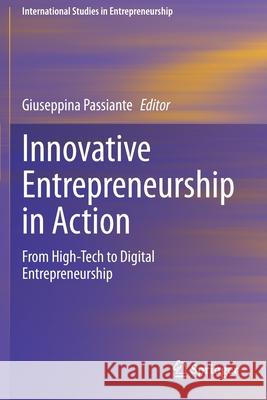Innovative Entrepreneurship in Action: From High-Tech to Digital Entrepreneurship » książka
topmenu
Innovative Entrepreneurship in Action: From High-Tech to Digital Entrepreneurship
ISBN-13: 9783030425401 / Angielski / Miękka / 2021 / 207 str.
Innovative Entrepreneurship in Action: From High-Tech to Digital Entrepreneurship
ISBN-13: 9783030425401 / Angielski / Miękka / 2021 / 207 str.
cena 603,81
(netto: 575,06 VAT: 5%)
Najniższa cena z 30 dni: 578,30
(netto: 575,06 VAT: 5%)
Najniższa cena z 30 dni: 578,30
Termin realizacji zamówienia:
ok. 16-18 dni roboczych.
ok. 16-18 dni roboczych.
Darmowa dostawa!
Kategorie:
Kategorie BISAC:
Wydawca:
Springer
Seria wydawnicza:
Język:
Angielski
ISBN-13:
9783030425401
Rok wydania:
2021
Wydanie:
2020
Numer serii:
000286843
Ilość stron:
207
Waga:
0.31 kg
Wymiary:
23.39 x 15.6 x 1.17
Oprawa:
Miękka
Wolumenów:
01
Dodatkowe informacje:
Wydanie ilustrowane











